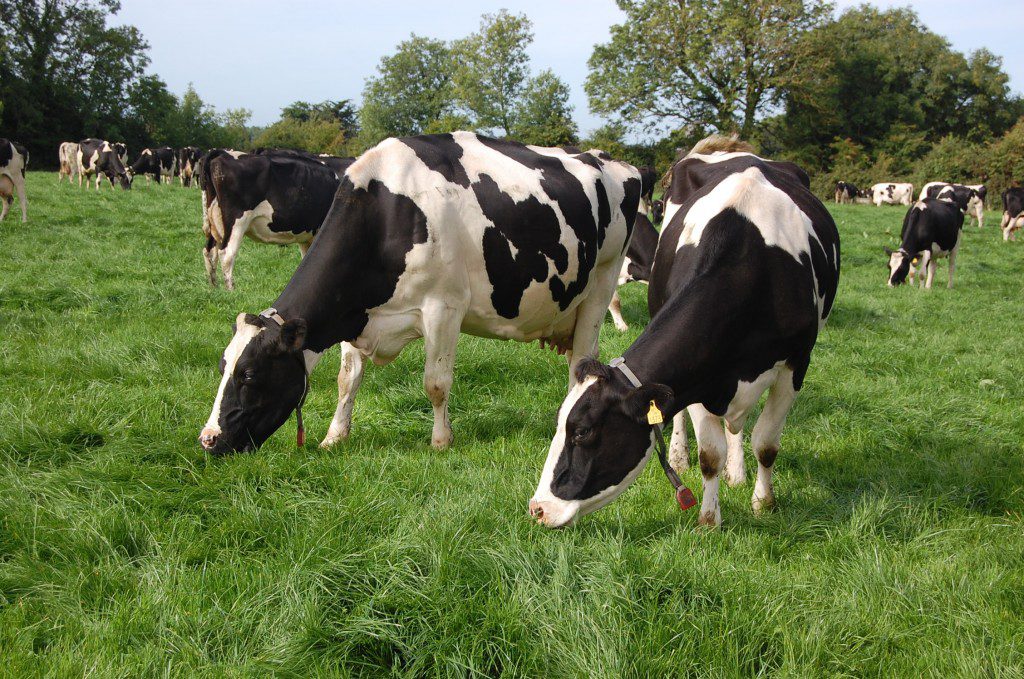A University College Cork (UCC) scientist believes that the current downturn in global milk prices will halt – at least in part – the planned increase in Irish dairy output.
“And this will help reduce the production of greenhouse gases associated with dairy farming practises,” said atmospheric chemist Professor John Sodeau.
“Currently, dairy and beef production account for 29% of Irish greenhouse gas emissions. But if the Harvest 2020 targets are realised, this figure is predicted by the EPA to increase to 45%.
“The significant drop in milk prices is partly due to the increase in its global supply now that quotas have gone. At least this will help discourage Irish farmers from increasing the size of their dairy herds.
“Doing so has been encouraged by the Irish government for national economic reasons despite knowing of the global warming problems caused by increasing greenhouse gas levels that result from bigger dairy and beef herds.
Sodeau said that Ireland must shoulder its share of the burden in terms of tackling the global warming crisis.
“Droughts that are now common in many parts of the world can be directly attributed to the impact of global warming.
“At the present time we know that many refugees are seeking new homes in countries around the world. By 2050, the number of environmental refugees may well rise to 150m or more. Under these circumstances, Ireland may well find itself dealing with as many as 2m refugees fleeing from countries, such as Bangladesh.”
Sodeau believes out that Irish dairy farmers must fundamentally review their production practises.
“Step one of this process must be a total halt on the application of nitrogenous fertilisers,” he said.
“Their use leads to the production of Nitrous Oxide, which is a greenhouse gas. I welcome steps taken by farmers to quantify their carbon footprint. This information can then be used to develop realistic greenhouse gas mitigation programmes.”
